July 23, 2020
The Research Brief is a short take about interesting academic work.
The big idea
Low-wage service workers increasingly are facing new physical and emotional hazards in the workplace as a result of the coronavirus pandemic, according to interviews with workers we conducted in April. We found that in addition to being afraid and anxious about their own health and possible exposure to COVID-19 while working, these employees said dealing with unpredictable customer emotions was taking an additional toll.
The workers we spoke with reported that interactions with customers were becoming emotionally charged over issues such as mask requirements and other safety guidelines. Workers of color said they were experiencing increased racial harassment.
Exposure to these emotional hazards was widespread among the workers we interviewed and was also spilling over into their home lives. A grocery worker with underlying health conditions told us her son “was super worried, like borderline tears, because he didn’t want me to go [to work] because he knows it’s not safe. And I felt horrible because I didn’t want to go, but I knew that I had to.”
Why it matters
As states and businesses try to reopen with a mix of safety guidelines and protocols, workers have often been on the front lines of enforcing health measures such as requiring customers to wear a mask or maintain social distancing. Some customers have even turned violent, which adds a threat of physical harm to workers who are already disproportionately exposed to a lethal virus.
The experiences of the workers in our study, most of whom worked throughout the shutdown, reveal the need for government and companies to address these new emotional hazards and protect them from customer harassment. Without clear governmental safety mandates, for example, workers easily become the targets of harassment as they tried to enforce their companies’ policies. Workers also said their companies often had weak enforcement mechanisms, frequently adjusted their policies and didn’t provide support in dealing with intense interactions with customers.
What’s next
These results are part of a series of ongoing studies we’re conducting with essential workers in a variety of roles, such as home care and food processing, to examine how they are navigating these new emotional risks during the pandemic. We are also looking at efforts by workers to organize to demand better protections and how these challenges are affecting their families.
How we do our work
As a team of sociologists at the University of Oregon, we rely on rich qualitative data from in-depth interviews, focus groups and participant observation. Our results here come from interviewing dozens of workers in Oregon’s hospitality, retail and food services industries whom we first met in 2019 as a part of an ongoing longitudinal study.
The Research Brief is a short take about interesting academic work.
The big idea
Low-wage service workers increasingly are facing new physical and emotional hazards in the workplace as a result of the coronavirus pandemic, according to interviews with workers we conducted in April. We found that in addition to being afraid and anxious about their own health and possible exposure to COVID-19 while working, these employees said dealing with unpredictable customer emotions was taking an additional toll.
The workers we spoke with reported that interactions with customers were becoming emotionally charged over issues such as mask requirements and other safety guidelines. Workers of color said they were experiencing increased racial harassment.
Exposure to these emotional hazards was widespread among the workers we interviewed and was also spilling over into their home lives. A grocery worker with underlying health conditions told us her son “was super worried, like borderline tears, because he didn’t want me to go [to work] because he knows it’s not safe. And I felt horrible because I didn’t want to go, but I knew that I had to.”
Why it matters
As states and businesses try to reopen with a mix of safety guidelines and protocols, workers have often been on the front lines of enforcing health measures such as requiring customers to wear a mask or maintain social distancing. Some customers have even turned violent, which adds a threat of physical harm to workers who are already disproportionately exposed to a lethal virus.
The experiences of the workers in our study, most of whom worked throughout the shutdown, reveal the need for government and companies to address these new emotional hazards and protect them from customer harassment. Without clear governmental safety mandates, for example, workers easily become the targets of harassment as they tried to enforce their companies’ policies. Workers also said their companies often had weak enforcement mechanisms, frequently adjusted their policies and didn’t provide support in dealing with intense interactions with customers.
What’s next
These results are part of a series of ongoing studies we’re conducting with essential workers in a variety of roles, such as home care and food processing, to examine how they are navigating these new emotional risks during the pandemic. We are also looking at efforts by workers to organize to demand better protections and how these challenges are affecting their families.
How we do our work
As a team of sociologists at the University of Oregon, we rely on rich qualitative data from in-depth interviews, focus groups and participant observation. Our results here come from interviewing dozens of workers in Oregon’s hospitality, retail and food services industries whom we first met in 2019 as a part of an ongoing longitudinal study.
Lola Loustaunau
Ph.D Candidate, University of Oregon

Ph.D Candidate, University of Oregon
Ellen Scott
Professor of Sociology, University of Oregon

Professor of Sociology, University of Oregon
Larissa Petrucci
Research Assistant at the Labor Education & Research Center, University of Oregon , University of Oregon

Research Assistant at the Labor Education & Research Center, University of Oregon , University of Oregon
Lina Stepick
Labor Policy Research Faculty, University of Oregon
Disclosure statement
Lola Loustaunau and this research team has received funding from the Ford Foundation, United Food and Commercial Workers Local 555, the United Association for Labor Education, the University of Oregon Sociology, and the University of Oregon Labor Education and Research Center.
Ellen Scott receives funding from UFCW555, UALE, the Ford Foundation, and the University of Oregon.
Larissa Petrucci receives funding from Ford Foundation, United Food and Commercial Workers Local 555, United Association for Labor Education, University of Oregon Sociology and University of Oregon Labor Education and Research Center.
Lina Stepick and this research team has received funding from the Ford Foundation, United Food and Commercial Workers Local 555, the United Association for Labor Education, the University of Oregon Sociology, and the University of Oregon Labor Education and Research Center.
Partners

University of Oregon provides funding as a member of The Conversation US.
Labor Policy Research Faculty, University of Oregon
Disclosure statement
Lola Loustaunau and this research team has received funding from the Ford Foundation, United Food and Commercial Workers Local 555, the United Association for Labor Education, the University of Oregon Sociology, and the University of Oregon Labor Education and Research Center.
Ellen Scott receives funding from UFCW555, UALE, the Ford Foundation, and the University of Oregon.
Larissa Petrucci receives funding from Ford Foundation, United Food and Commercial Workers Local 555, United Association for Labor Education, University of Oregon Sociology and University of Oregon Labor Education and Research Center.
Lina Stepick and this research team has received funding from the Ford Foundation, United Food and Commercial Workers Local 555, the United Association for Labor Education, the University of Oregon Sociology, and the University of Oregon Labor Education and Research Center.
Partners

University of Oregon provides funding as a member of The Conversation US.












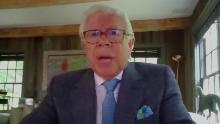
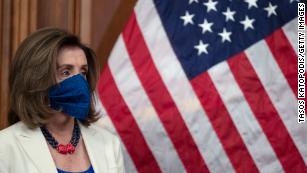
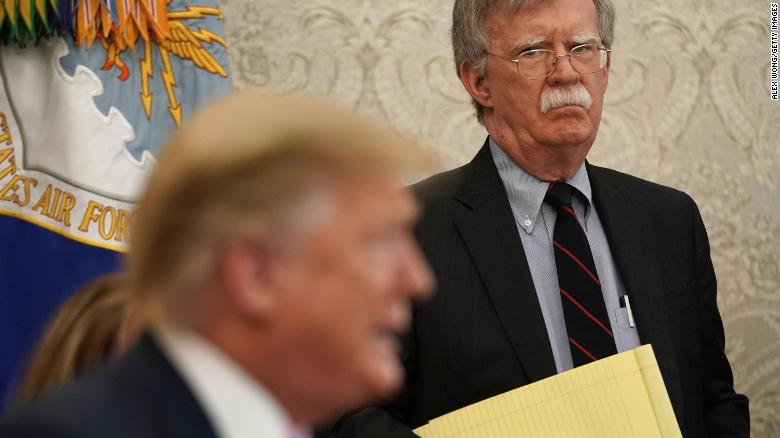
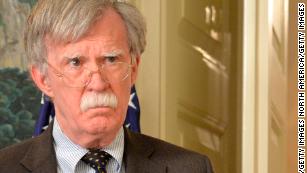
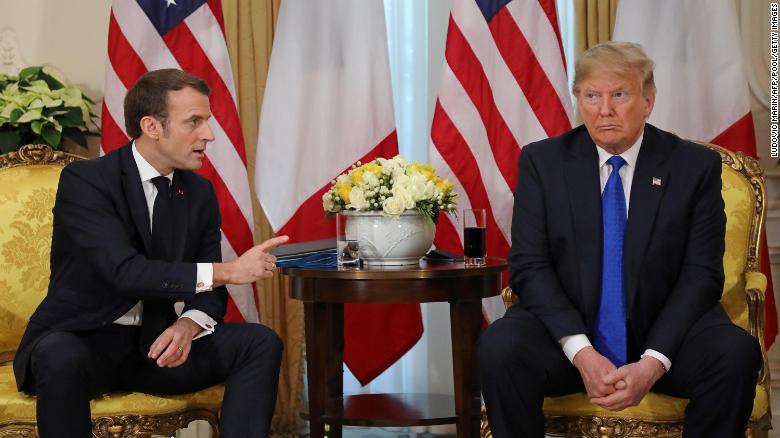
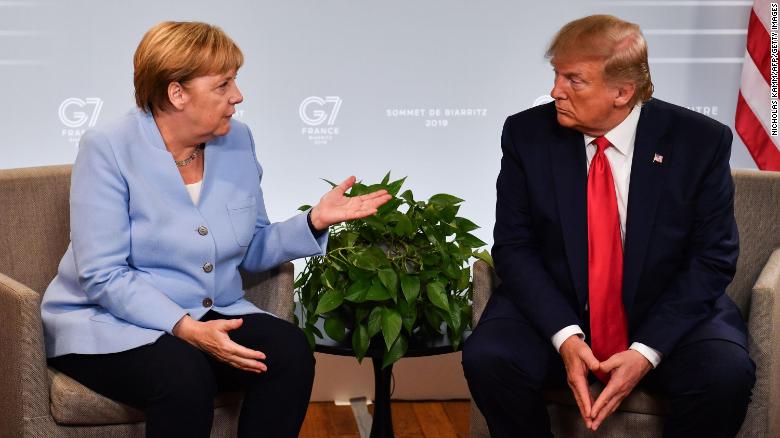
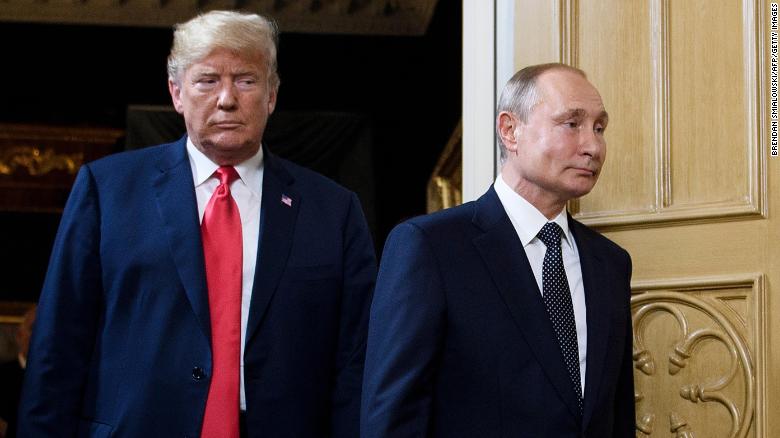
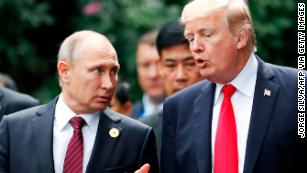
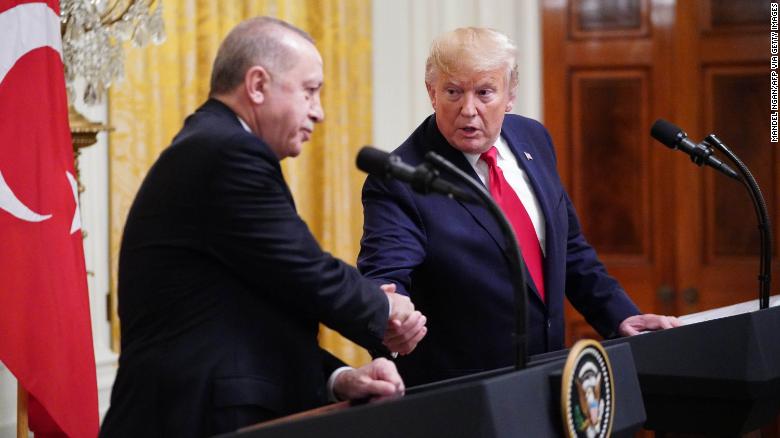
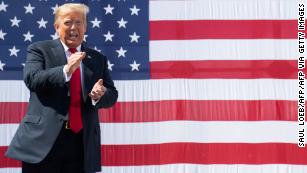
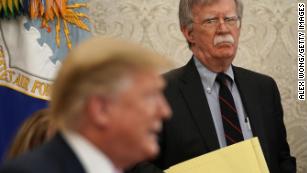
 Baz and Sue Ashton at Port Macquarie Koala Hospital
Baz and Sue Ashton at Port Macquarie Koala Hospital


 Baz receiving treatment
Baz receiving treatment